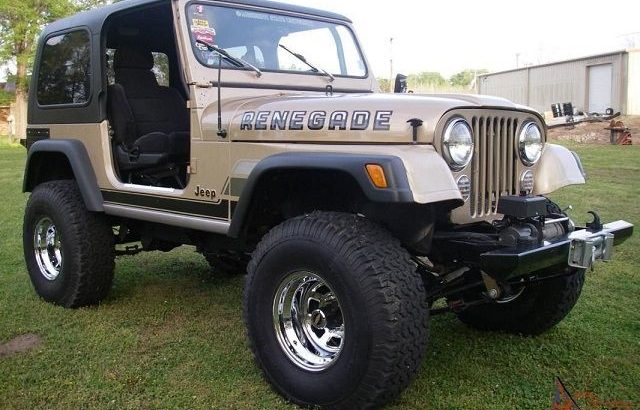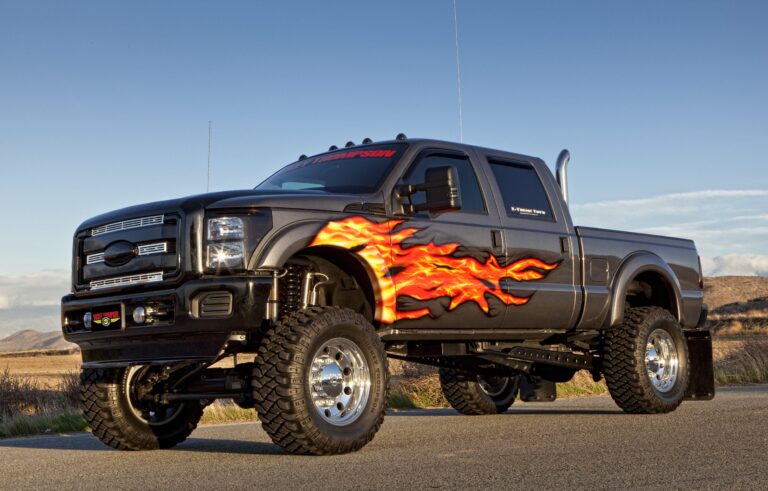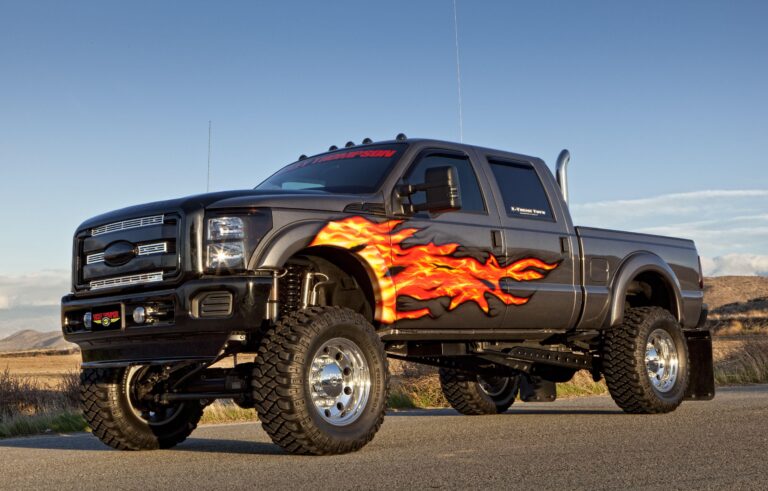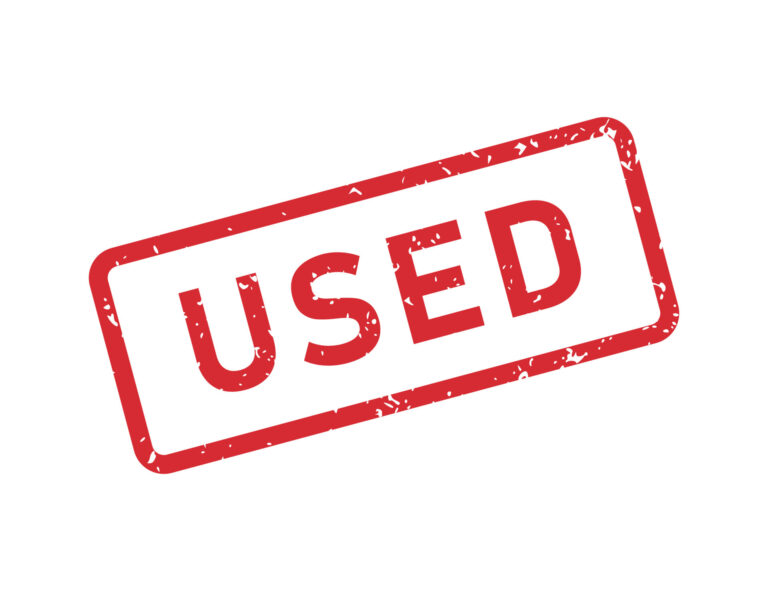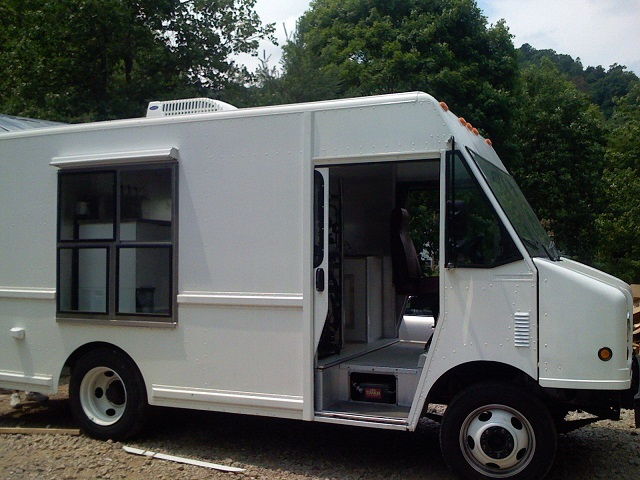Jeep For Sale By Owner: Your Ultimate Guide to Navigating the Private Market
Jeep For Sale By Owner: Your Ultimate Guide to Navigating the Private Market cars.truckstrend.com
The rumble of a robust engine, the iconic seven-slot grille, the promise of adventure beyond the pavement – few vehicles evoke a sense of freedom and capability quite like a Jeep. For many enthusiasts, the journey to owning or parting with one of these legendary machines often leads to the private market, where the transaction is directly between individuals: "Jeep For Sale By Owner" (FSBO). This approach bypasses traditional dealerships, offering unique benefits and challenges for both buyers and sellers. Navigating the FSBO landscape successfully requires preparation, knowledge, and a keen eye for detail. This comprehensive guide will equip you with the insights needed to make your next Jeep FSBO experience a smooth and rewarding one.
The Allure of the Private Transaction: Why FSBO Reigns for Jeeps
Jeep For Sale By Owner: Your Ultimate Guide to Navigating the Private Market
Selling or buying a Jeep directly from or to another individual is a deeply ingrained practice within the automotive community, especially among Jeep aficionados. This popularity stems from several distinct advantages that appeal to both parties involved.
For the Buyer:
- Cost Savings: Eliminating the dealership middleman often translates to a lower purchase price. Dealers have overheads, sales commissions, and profit margins to cover, all of which are factored into their asking price.
- Direct History and Transparency: When buying FSBO, you have the opportunity to speak directly with the current owner. They can provide firsthand accounts of the vehicle’s history, maintenance, modifications, and any quirks. This level of transparency is often difficult to obtain from a dealership.
- Negotiation Flexibility: Private sellers may be more flexible on price and terms, especially if they are motivated to sell quickly or understand the value of a quick, hassle-free transaction.
- Access to Modified Jeeps: The Jeep community is famous for its customization. FSBO transactions frequently offer access to well-maintained, thoughtfully modified Jeeps that might not make it onto a dealership lot.
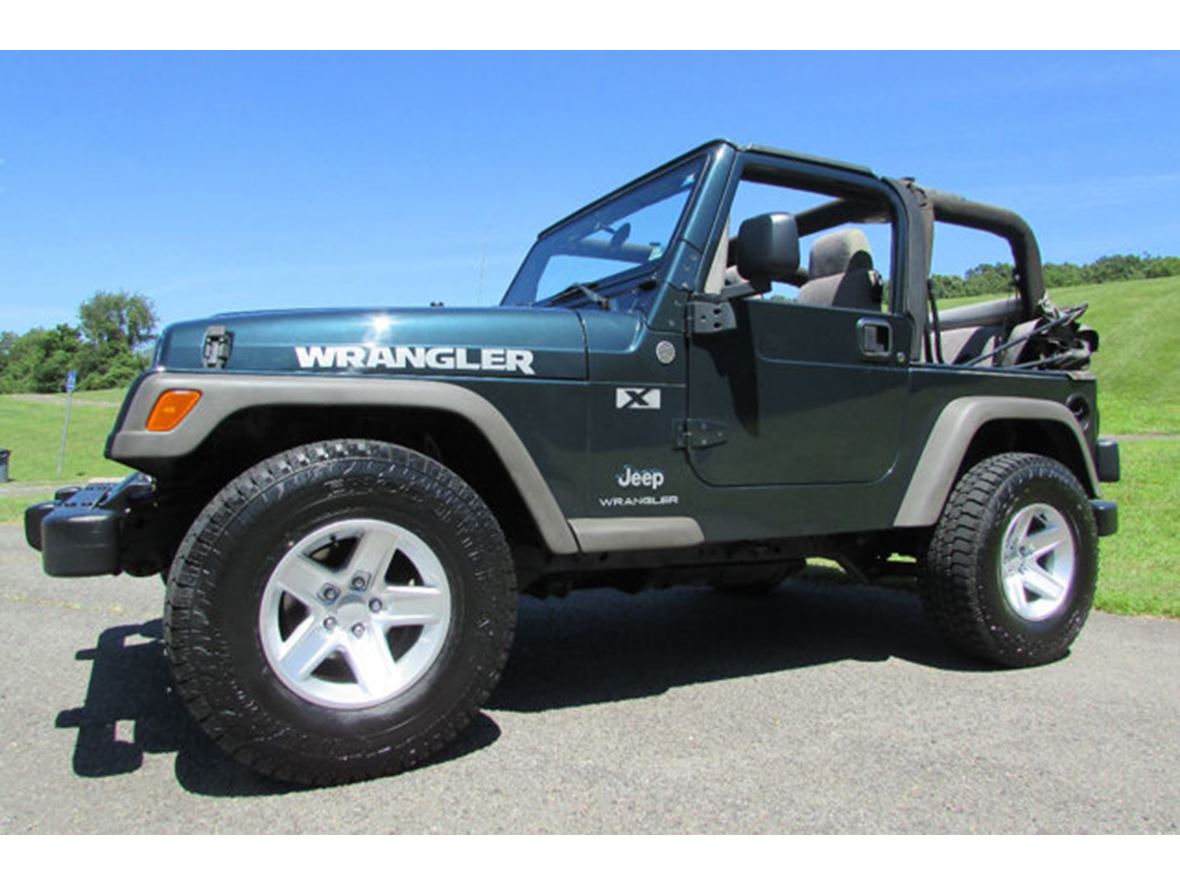
For the Seller:
- Higher Profit Margin: By cutting out the dealership, sellers avoid trade-in losses and the lower wholesale prices dealerships offer. You retain a larger portion of the vehicle’s true market value.
- Control Over the Sale Process: From setting the price and creating the listing to scheduling showings and negotiating, the seller maintains complete control over every aspect of the sale.
- Direct Communication with Enthusiasts: Selling a Jeep FSBO often means connecting with another enthusiast who appreciates the vehicle’s unique attributes, potentially leading to a smoother transaction and a shared passion.
- Avoiding Sales Pressure: Sellers can avoid the pressure tactics sometimes associated with dealership trade-ins or consignment deals.
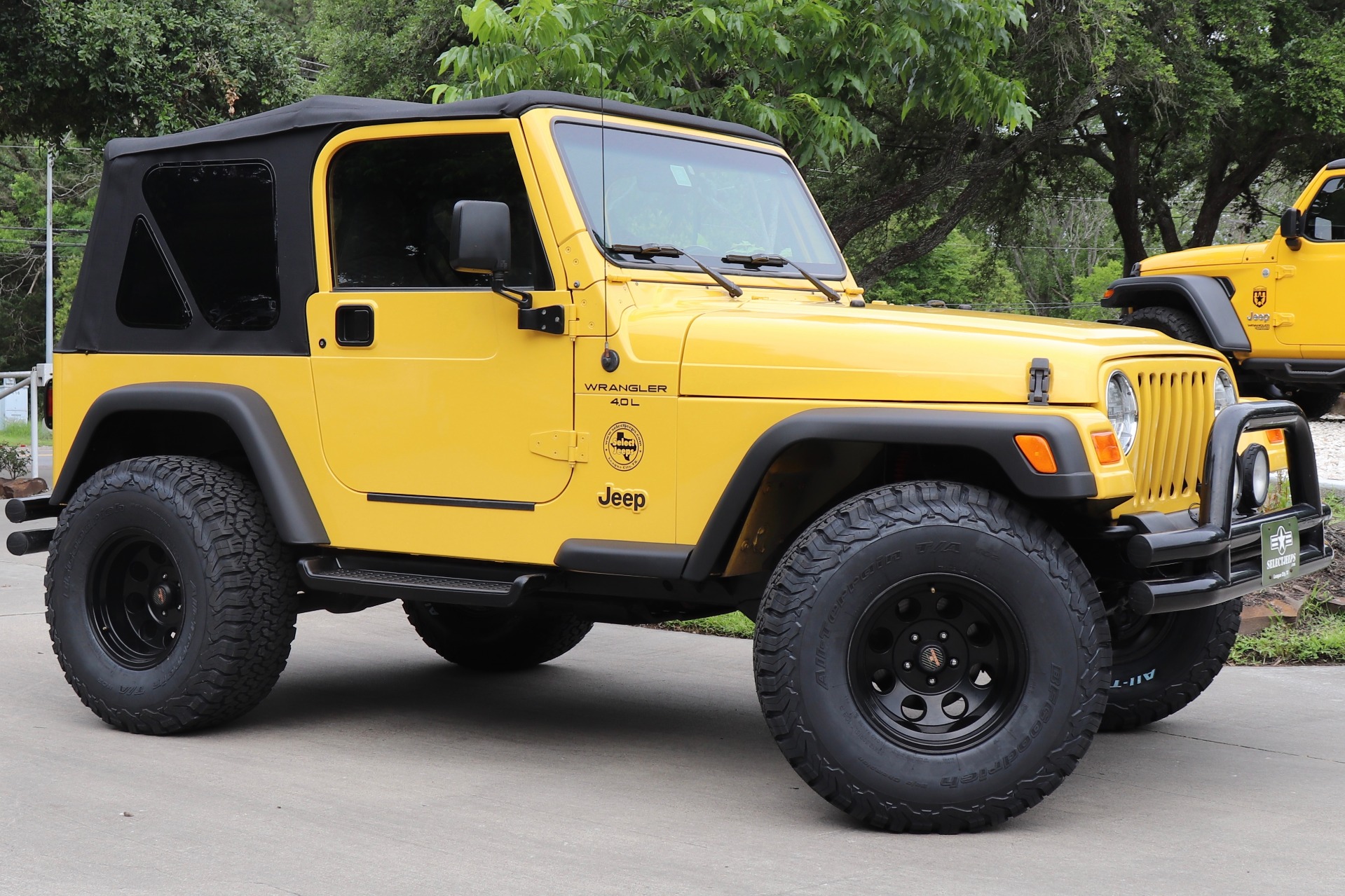
The unique culture surrounding Jeeps – one of customization, off-road adventure, and a strong sense of community – makes the FSBO market particularly vibrant and appealing. It’s a space where passion often meets practicality.
For the Buyer: Navigating the FSBO Jeep Market with Confidence
Purchasing a Jeep FSBO can be an exciting prospect, but it requires diligence and a structured approach to ensure you’re making a wise investment.
![]()
1. Research is Your Compass
Before you even start browsing listings, arm yourself with knowledge. Understand the various Jeep models (Wrangler, Grand Cherokee, Cherokee, Renegade, Gladiator, etc.) and their respective generations, common issues, and trim levels. For instance, a Wrangler TJ (1997-2006) will have different characteristics and potential issues than a JK (2007-2018) or JL (2018-Present). Identify which model best suits your needs, budget, and desired level of adventure. Research average market values for your desired model, year, and condition.
2. Finding Your FSBO Jeep
- Online Marketplaces: Websites like Craigslist, Facebook Marketplace, Autotrader (private seller section), and dedicated Jeep forums (e.g., JL Wrangler Forums, JK-Forum, JeepForum.com) are prime hunting grounds.
- Local Classifieds: Don’t overlook local newspapers or community bulletin boards.
- Word of Mouth: Let friends, family, and local Jeep clubs know you’re in the market.
3. Initial Contact and Smart Questions
Once you find a promising listing, make initial contact. Ask intelligent questions before scheduling a viewing to save time. Inquire about:
- Reason for Selling: This can reveal motivations and potential urgency.
- Maintenance History: Ask for service records.
- Modifications: What aftermarket parts are installed? Who installed them? Are there receipts? (Poorly installed mods can be a red flag).
- Off-Road History: Has it been taken off-road? If so, what kind of trails? (Some wear is expected, but excessive damage is a concern).
- Known Issues: Any check engine lights, leaks, strange noises, or electrical problems?
- Title Status: Is the title clear? Does the owner have it in hand? (Avoid salvage or rebuilt titles unless you fully understand the implications).
4. The All-Important Inspection Process
This is where you move from research to hands-on evaluation.
- First Impression: Is the Jeep clean? Does the owner seem honest and transparent?
- Exterior: Look for rust (especially frame, rocker panels, body mounts), dents, scratches, uneven panel gaps (indicating accident repair), and tire condition.
- Interior: Check for excessive wear, non-functioning electronics, leaks (especially from the roof or doors), and strange odors.
- Under the Hood: Check fluid levels and condition (oil, coolant, brake fluid), look for leaks, inspect belts and hoses. Listen for unusual engine noises.
- Undercarriage/Frame: Crucial for Jeeps. Look for frame damage, excessive rust, dents on skid plates, and condition of suspension components. If it’s been off-road, some scrapes are normal, but deep gouges or bends are concerning.
- Test Drive:
- Start cold: Listen for unusual noises on startup.
- Drive on varied terrain: Highway, city, rough road if possible.
- Test brakes, steering (wander/play), transmission (smooth shifts), 4WD system (if applicable).
- Listen for clunks, squeaks, or grinding.
- Ensure all dashboard lights function and then turn off as expected.
- Pre-Purchase Inspection (PPI): Highly Recommended. Take the Jeep to an independent, trusted mechanic (ideally one familiar with Jeeps) for a thorough inspection. This small investment can save you thousands down the line by uncovering hidden issues.
5. Paperwork, Payment, and The Deal
- Negotiation: Be polite but firm. Reference your research and the PPI findings to justify your offer.
- Bill of Sale: A written agreement outlining the sale price, vehicle details (VIN, make, model, year), and seller/buyer information. Both parties should sign and date it.
- Title Transfer: The seller must sign over the vehicle title to you. Ensure the VIN on the title matches the vehicle. In some states, a notary may be required.
- Payment: For security, avoid cash for large sums. Consider a cashier’s check from your bank, an escrow service, or a wire transfer. Confirm funds have cleared before taking possession of the vehicle.
- Insurance: Ensure you have insurance coverage before driving the Jeep home.
- Registration: Register the vehicle in your name with your local DMV as soon as possible.
For the Seller: Maximizing Your FSBO Jeep Success
Selling your Jeep FSBO can yield a higher profit, but it demands effort and a strategic approach.
1. Preparation is Paramount
A well-prepared Jeep sells faster and for a better price.
- Detailing: A clean Jeep makes a strong first impression. Wash, wax, clean the interior thoroughly, and clear out personal items.
- Minor Repairs: Address any small, inexpensive issues that could deter buyers (e.g., burnt-out light bulbs, minor fluid leaks, worn wiper blades).
- Gather Documentation: Organize all service records, maintenance receipts, original owner’s manual, and any documentation for aftermarket modifications. Have your clear title in hand. If there’s a lien, contact your lender to understand the payoff process.
2. Setting the Right Price
This is perhaps the most crucial step.
- Research Comparables: Look at similar Jeeps (same model, year, trim, mileage, condition, modifications) listed for sale by private sellers and dealerships in your area. Use online valuation tools like Kelley Blue Book (KBB) or Edmunds as a starting point, but understand that Jeeps, especially modified ones, can often command more in the private market.
- Consider Condition: Be honest about your Jeep’s condition. Is it "excellent," "good," "fair," or "poor"?
- Factor in Modifications: Well-chosen, quality modifications (e.g., lift kits from reputable brands, winch, upgraded bumpers, larger tires) can add value, especially if they enhance off-road capability without compromising safety or reliability. Poorly installed or extreme modifications can deter buyers.
- Be Realistic: Price your Jeep competitively. An overpriced vehicle will sit on the market.
3. Crafting an Irresistible Listing
Your online listing is your storefront.
- High-Quality Photos: Take numerous clear, well-lit photos from various angles (exterior, interior, engine bay, undercarriage if clean, unique features, dashboard). Clean the Jeep before photographing.
- Detailed Description: Be comprehensive and honest.
- Basics: Year, make, model, trim, mileage, color, VIN (optional, but helpful for serious buyers).
- Features: List all key features, both standard and aftermarket.
- Maintenance: Highlight recent maintenance, service history, and any upgrades.
- Condition: Describe the vehicle’s condition accurately, including any minor flaws. Transparency builds trust.
- Reason for Selling: Briefly explain why you’re selling.
- Contact Information: How prospective buyers can reach you.
- Keywords: Use relevant keywords so buyers searching can find your listing (e.g., "Jeep Wrangler Rubicon," "lifted Jeep," "4×4," "off-road").
4. Handling Inquiries and Showings
- Be Responsive: Promptly reply to inquiries.
- Safety First: When meeting buyers, choose a public, well-lit location. Consider bringing a friend.
- Test Drives: Accompany the buyer on the test drive. Ask to see their valid driver’s license and proof of insurance before handing over the keys.
- Negotiation: Be prepared for negotiation. Don’t be offended by lowball offers; simply counter or decline politely. Know your bottom line.
5. Closing the Deal Securely
- Bill of Sale: Draft a comprehensive bill of sale (templates are available online or from your DMV). Include the date, vehicle details (VIN), sale price, "as-is" clause, and signatures of both buyer and seller.
- Title Transfer: Sign the title over to the buyer exactly as required by your state’s DMV. Ensure the odometer reading is accurately recorded.
- Payment: For larger sums, prioritize secure payment methods like a cashier’s check verified with the issuing bank, a wire transfer, or an escrow service. Avoid personal checks or large amounts of cash.
- License Plates: Remove your license plates.
- Notify DMV: In some states, you are required to notify the DMV that you’ve sold the vehicle to avoid liability for tickets or accidents.
Common Challenges and Solutions in FSBO Jeep Transactions
While the benefits are clear, FSBO transactions can present challenges. Being aware of them allows for proactive solutions.
- Scams: Be wary of buyers who offer to pay more than the asking price, want to use a third-party shipping service, or send checks for inflated amounts. Legitimate buyers will want to see the Jeep in person.
- Solution: Insist on meeting in person, accept only secure payment methods, and verify funds before transferring the title.
- Lowball Offers: Some buyers will aggressively try to talk down your price.
- Solution: Be confident in your research-backed price. Politely counter or decline.
- Mechanical Issues Discovered: A buyer’s mechanic might find issues you weren’t aware of, potentially derailing the sale or demanding a price reduction.
- Solution: Be transparent about known issues in your listing. Consider having your own pre-sale inspection done to identify and potentially fix minor issues beforehand.
- Financing Difficulties for Buyers: Private sales don’t offer dealership financing.
- Solution: Buyers should secure a personal loan or pre-approved financing from their bank or credit union before contacting sellers. Sellers can mention this in their listing.
- Buyer/Seller Reluctance: Some individuals are simply uncomfortable with private transactions.
- Solution: Highlight the benefits of FSBO (transparency, direct communication) and assure them of a professional, secure process.
Estimated Price Ranges for Common Jeep Models (FSBO)
Pricing a Jeep FSBO is highly dependent on model, year, condition, mileage, trim level, and modifications. The table below provides general estimated price ranges for common Jeep models when sold by owner. These are broad estimates and actual prices will vary significantly. Always conduct thorough research for your specific vehicle.
| Jeep Model (Generation) | Year Range | Condition (Good) | Condition (Excellent) | Notes on Price Influence |
|---|---|---|---|---|
| Wrangler TJ | 1997-2006 | $8,000 – $15,000 | $12,000 – $20,000+ | Rust, mileage, manual vs. auto, 4.0L engine, Rubicon trim, mods. |
| Wrangler JK | 2007-2018 | $15,000 – $28,000 | $22,000 – $35,000+ | Engine (3.8L vs. 3.6L), 2-door vs. 4-door, Rubicon, mods, rust. |
| Wrangler JL | 2018-Present | $28,000 – $45,000 | $35,000 – $55,000+ | Engine options (2.0T, 3.6L, 392), 2-door vs. 4-door, trim, tech. |
| Grand Cherokee (WK2) | 2011-2021 | $10,000 – $25,000 | $18,000 – $30,000+ | Engine (V6, V8, SRT), trim level (Limited, Overland, Summit). |
| Cherokee (KL) | 2014-Present | $8,000 – $20,000 | $15,000 – $25,000+ | Engine (2.4L, 3.2L V6), trim (Latitude, Trailhawk), FWD vs. 4WD. |
| Gladiator (JT) | 2020-Present | $30,000 – $45,000 | $38,000 – $55,000+ | Trim (Sport, Overland, Rubicon, Mojave), engine, manual vs. auto. |
| Renegade (BU) | 2015-Present | $7,000 – $15,000 | $12,000 – $18,000+ | Engine, FWD vs. 4WD, trim (Latitude, Trailhawk), mileage. |
Important Considerations for Pricing:
- Mileage: Lower mileage generally commands a higher price.
- Condition: Excellent mechanical and cosmetic condition significantly boosts value.
- Rust: A major depreciation factor, especially on older Jeeps.
- Aftermarket Modifications: Quality, desirable modifications (e.g., proper lift, good tires, armor) can add value; poorly executed or extreme mods can detract.
- Trim Level: Higher trims (e.g., Rubicon, Trailhawk, Summit) are worth more.
- Maintenance History: Comprehensive service records add confidence and value.
- Market Demand: Local market conditions and current demand for specific models play a role.
Frequently Asked Questions (FAQ) About Jeep For Sale By Owner
Q1: Is it safe to buy a Jeep FSBO?
A1: Yes, it can be very safe if you exercise due diligence. Always meet in a public place, bring a friend, verify the seller’s identity, get a pre-purchase inspection by an independent mechanic, and use secure payment methods.
Q2: What documents do I need to sell my Jeep FSBO?
A2: You will need your clear vehicle title (or lien release documentation), a detailed bill of sale, and any service records or owner’s manuals you have. Your state’s DMV may have specific requirements for title transfer and odometer disclosure.
Q3: How do I know if the FSBO price is fair?
A3: Research comparable sales on various online platforms (private and dealership). Use reputable valuation tools like KBB and Edmunds as a baseline. Factor in the Jeep’s specific condition, mileage, modifications, and maintenance history.
Q4: Should I get a pre-purchase inspection (PPI) when buying FSBO?
A4: Absolutely, yes. A PPI by an independent mechanic specializing in Jeeps is crucial. It can uncover hidden mechanical issues, accident damage, or poorly installed modifications, saving you significant money and headaches down the road.
Q5: What about financing for an FSBO Jeep?
A5: You typically won’t get financing directly from the seller. Buyers usually need to secure a personal loan or pre-approved auto loan from their bank, credit union, or an online lender before approaching a private seller.
Q6: How do I handle a lien on my Jeep if I’m selling it FSBO?
A6: If you still owe money on your Jeep, contact your lender to understand their payoff process. Usually, the buyer’s funds will be used to pay off the lien directly to the lender, who will then release the title to you or the buyer. It’s crucial to coordinate this with your lender and the buyer to ensure a smooth transfer.
Q7: Can I return a Jeep I bought FSBO if I find issues later?
A7: In most private sales, the vehicle is sold "as-is," meaning the buyer accepts the vehicle in its current condition with no warranties or guarantees from the seller. This is why a thorough pre-purchase inspection is paramount.
Conclusion
The "Jeep For Sale By Owner" market is a dynamic and often rewarding avenue for both those seeking to embark on their next adventure and those ready to pass their beloved rig on to a new custodian. For buyers, it offers the potential for significant savings and direct insight into a vehicle’s history, while for sellers, it promises greater control and a higher return on investment. Success in this private realm hinges on preparation, transparency, and a commitment to due diligence. By arming yourself with knowledge, asking the right questions, and taking necessary precautions, you can navigate the unique landscape of FSBO Jeep transactions with confidence, ensuring a fair deal and a positive experience for all involved. Embrace the journey, and may your next Jeep adventure be everything you hoped for.
